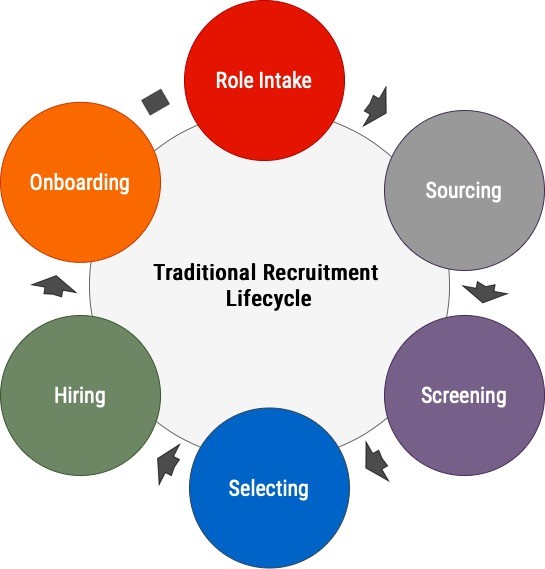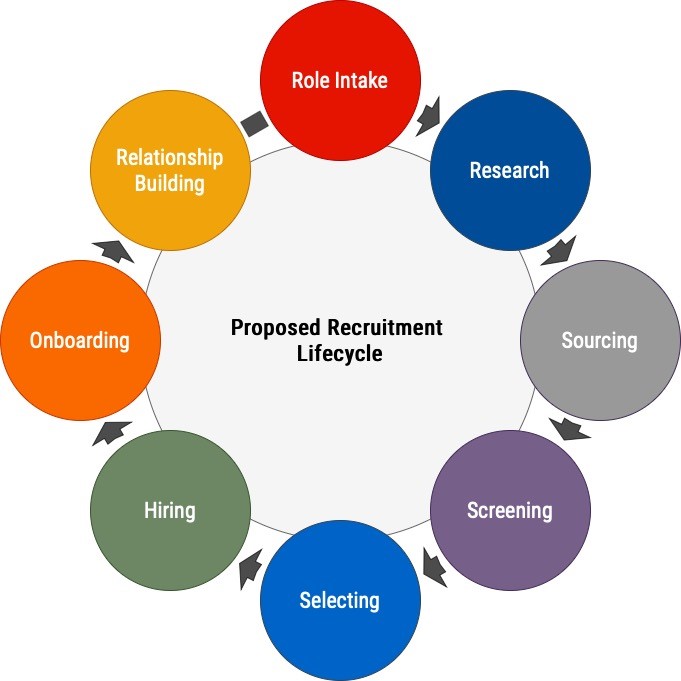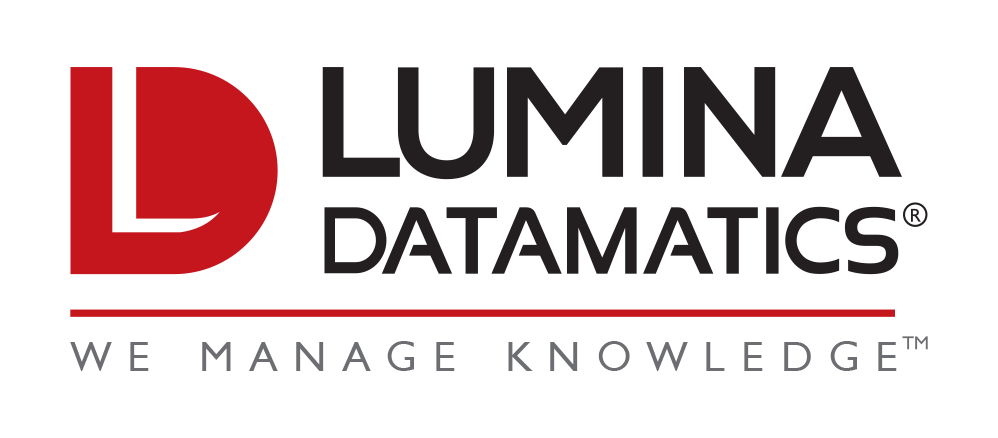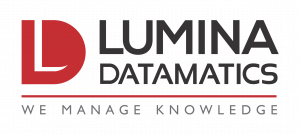What is a SME?
Have you ever thought about it? Who wrote the test bank that you use for your midterm test? Who created the PowerPoints your instructor uses during class lectures? The interactive dissection lab that comes with your eBook? Chances are a subject matter expert was hired to actively take part in the quality assurance process of bringing a product to market or offering preliminary information at the onset of a launch to offer their expert knowledge, guidance, and advice.
So, what defines someone as a subject matter expert (SME) anyway? SMEs possess a level of proficiency generally gained from education and experience, and when engaged, that proficiency in a particular subject helps to guide other professionals to ensure the content, process, or overall product is accurate. SMEs have the raw ability to communicate their knowledge of a topic to other professionals within an organization or institution and, when we use that term, we typically mean experts acting as contributors to educational courses or publishing material. Bottomline, SMEs are critical, as their input adds credibility, reliability, and validity.
The SME is the New VIP
Engaging SMEs has become a beneficial component for ensuring credible, valid, and reliable business outputs, but their role in business operations requires in depth review of how to build talent agility in order to attract and retain this level of professional. Talent agility is a company’s ability to engage knowledgeable resources quickly when addressing business demands. This is best achieved by deploying a fully vetted talent pool of highly qualified experts quickly and cost-effectively in order to keep a competitive edge and reputable stance in the marketplace.
The more agile its talent pool, the better a business can address shifts in the market, provide innovative products and services, and remain competitive. Competitive pricing and building economies of scale are certainly factors that yield an advantage; however, leveraging the skills of experts is perhaps the most stable option for businesses in today’s everchanging arena of products and services.
Upward Trend for Business Efficiencies
The days of “benching” employees (retaining talent even if there is no work available and still paying them until a project solidifies) are fading fast. It is understandable for companies to use a bench process in order to hold on to consultants, as normally most of these professionals have been called on as SMEs and there should be some effort to hold on to the talent that they are most familiar with and those that have a history of producing high-quality input and work. However, the bench approach has taken a back seat to staffing projects using the just-in-time method, which uses a lean approach. This allows a vendor such as Lumina to pull from a healthy SME pipeline of individuals who are experts in a core to provide its clients with the most knowledgeable resources to cover their specific project needs quickly and at scale.
And keep in mind the financial ramifications. That is, don’t fall into the trap of considering SME contributions a sunk cost, when it’s really more an investment—the right contributors will lead to a higher quality end product, saving you costs in both time and labor needed to rework subpar content created at a lower price point. Not to mention, you’ll be saving yourself the embarrassment of having cut corners, likely hurting your company’s reputation.
Adaptation Without Sacrifice
Specifically, in education services, students demand (and deserve) learning material that will make them proficient in their careers. This translates into a need for educational services to adapt a more holistic approach when building the best client-customer relationships in order to deliver reputable products and services. There is a demand for students to receive quality educational products that are reflective of the real-world instances present in the professions they intend to operate in once they graduate from a specific program. As these demands increase, so has the need for educational providers to engage SMEs who can provide critical input, whether that’s in the form of accuracy checking, the creation of supplemental products, or the design and development of valid assessments.
Ensuring educational content is fully up to date and at the level of rigor necessary to meet learning outcomes requires a continuous flow of expertise that is itself also current…and readily available within the workforce. According to LinkedIn’s 2017 Workplace Learning Report, the average shelf life for skills is less than five years, proving that successful partners must have immediate access to an agile workforce. As a result, the recruitment processes for top talent must adapt and move away from looking at professionals with a certain skill, and instead focus on acquiring those who are able to adapt to new ways of thinking and have the ability to hold steadfast in their field of expertise through a continuous evolvement of their skills and ability.
Attracting and Retaining SMEs
So, how do we attain high levels of talent agility while adapting to our clients’ needs? We use the following simple 4-step process.
Step 1: Modify the Recruitment Lifecycle
According to the Business Dictionary, “the recruitment process includes analyzing the requirements of a job, attracting employees to that job, screening and selecting applicants, hiring, and integrating the new employee to the organization.” The following graphic shows what this traditional recruitment lifecycle might look like.

However, SME recruitment and sourcing stretches beyond the days of passive searches using major job boards by posting positions and raking in anyone that applied, then matching them against high level skills listed on a job requisition. In today’s market the recruitment and sourcing roles have required cultivation, which involves recruitment strategies that are action driven. After all, recruitment literally means the action of finding new people to join an organization or support a cause. For that reason, we propose a modified recruitment lifecycle.

The proposed cycle adds time, time needed to develop trust, reliability, credibility, and validity, but this is time well spent, to everyone’s advantage. The new lifecycle adds in two additional steps—Research and Relationship Building. The ability to create a steady stream of SMEs through a process of cultivation that includes both research and relationship building can yield a healthy pool of qualified professionals available for quicker assignment to live projects. Our ability to provide pre-researched SMEs in turn helps our clients feel more comfortable, while significantly shortening the time frame for filling positions with the most qualified resources.
Step 2: Cultivate
HR Zone defines sourcing as “the practice of locating and selecting businesses or individuals based on set criteria,” i.e., actively seeking out the most qualified candidate for a specific task or role. A process of cultivating is a means for acquiring or developing a quality, sentiment, or skill. Literally, for recruitment and sourcing, it means to take steps to grow something and improve its growth. This cultivation is once again prevalent during the research and relationship building phases of the recruiting lifecycle.
Many would argue that the workforce demands do not allow time for cultivation and that the first priority is filling the client’s resource needs with the best candidate as quickly possible, by all means necessary. After all, there are quotas that that need to be met, quarterly business reviews that consider time-to-fill ratios, and agreed-upon key performance indicators—and let’s face it, slow hiring metrics are not viewed in a positive manner. But in reality, taking the time to research on the front-end, to understand the client’s needs (again remember both the business partner and the SME) and to build the relationship on the back end, to nurture and grow the engagement from beginning to end, reduces the likelihood of making the wrong assignment, which often slows the process down anyway.
Step 3: Research
The act of recruitment requires stepping outside of the norm to search for qualified professionals and incorporates research; reviewing someone’s background based on a longitudinal scale to understand their contributions to the field in order to establish credibility. Some research components to look for include:
- A documented history of field expertise. The SME should have an account of the freelance consulting services provided with various organizations and institutions, and how they have continued to work in their field of expertise. Has their career been progressive? E.g., have they undergone training to develop deeper learning opportunities and stayed abreast of industry trends?
- Level of Active participation. Has the SME actually done the work? Have they rolled up their sleeves throughout their career by contributing to industry publications, white papers, or conferences? “SMEs must not only know a topic or skill inside and out, but also must ‘know the context for it’ inside an organization, says Allison Rossett, a learning and technology consultant and member of Training magazine’s HRD Hall of Fame. ‘If you are a subject matter expert, then presumably you know information that is useful today and tomorrow’ in applying that knowledge” (Duffy).1
- Proven expertise. Good SMEs have made strides to increase their knowledge, hold special affiliations, or obtained professional licensure to increase their marketability in specialized areas that would significantly enhance performance within an organization.
Step 4: Build the Relationship
Healthy relationship building is based on creating a powerful network of highly talented professionals while establishing trust that the work will present itself through the relationships that the company in turn builds with its clients. Deploying the below engagement strategies leads to an ability to produce higher quality candidates within a shorter time frame, in turn leading to increased trust.
- Assess and Develop. When a company uses SMEs on a regular basis, those SMEs likely become a part of a regular and close network and are looking for support in developing their skills and abilities in which those enhanced skills can be leveraged to support clients. For this reason, it’s important to develop a system to grow, develop, and assess SMEs like you would regular employees to show investment and value.
- Acknowledge Contributions Directly. It’s important to retain the “rainmakers,” “VIPs,” “connoisseurs,” or whatever you want to call it. No business exists in a vacuum when developing quality products. In our industry, the SME contribution is the backbone of the educational product, and it truly cannot be understated. Give credit where credit is due by acknowledging in newsletters, giving small awards, or even by way of longevity compensation (if you have SMEs that you engage on a consistent basis). In other words, keep in mind that your SMEs know that they play a key role—you need to ensure they know that you know it, too.
- Acknowledge Contributions Publicly. Give (public) tribute to those who assisted in making a product go to market that would not have otherwise without their expertise. These are individuals that take pride in their contributions in their fields. They realize the role they play in helping businesses sustain and that is seen directly in the involvement they have provided while engaged on projects. Listing SME contributions in acknowledgements, offering praise on social media, or writing online recommendations show SMEs that their contributions are valued.
The truth of the matter is that when it comes to preparing the next generation of professionals, a great deal of consideration is placed on the knowledge that is extracted from experts across a variety of disciplines. When it comes to educational content, there is a continuous need for high-quality professionals, which requires a firm understanding of recruitment as it relates to that type of content. Recruitment of qualified SMEs relies on factors beyond those of the traditional approach to recruiting; instead, a solid strategy requires both research and relationship, which go hand-in-hand when building trust.
Want to learn more about SME recruitment, and how Lumina can support your own agile workforce? We want to hear from you! Email Lumina with your questions, or visit our website to learn more about Lumina Datamatics.
Sources
- Duffy, Eric. “The New Role of Subject Matter Experts (SMEs) That’s Giving Business ‘Extraordinary’ Growth.” Pathgather, 21 Aug, 2017, www.pathgather.com/new-role-subject-matter-experts/. Accessed 6 Oct. 2020.




Thank you for your sharing. I am worried that I lack creative ideas. It is your article that makes me full of hope. Thank you. But, I have a question, can you help me? https://www.binance.info/sk/join?ref=V2H9AFPY
Your point of view caught my eye and was very interesting. Thanks. I have a question for you.
Thanks for sharing. I read many of your blog posts, cool, your blog is very good.